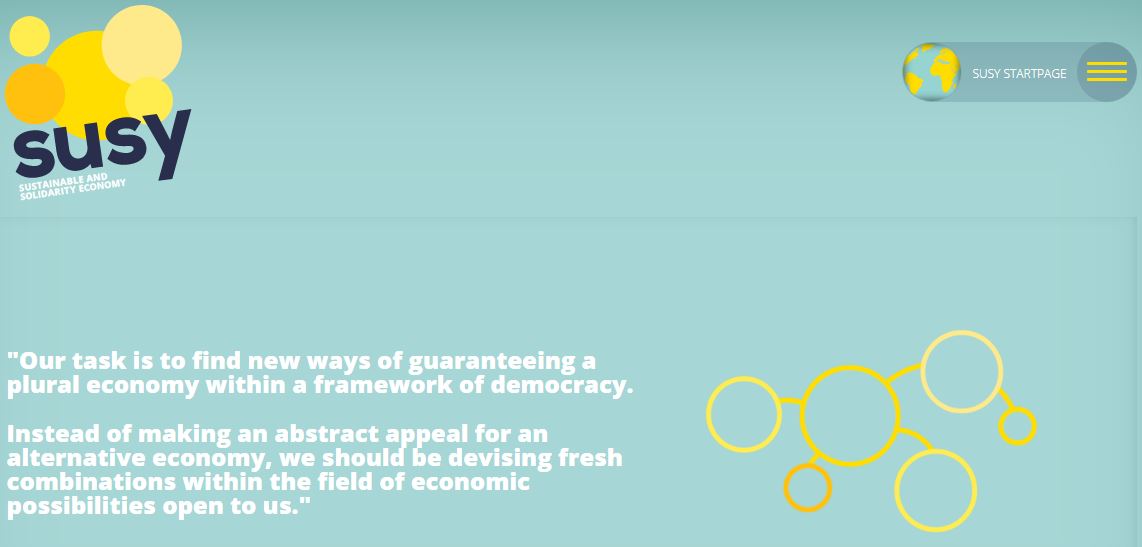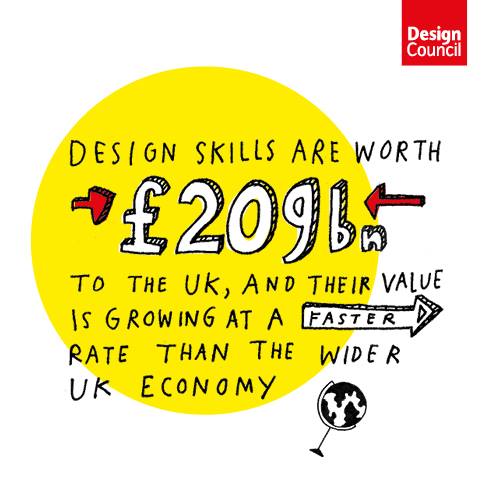Breaking down barriers for underrepresented kids could quadruple America’s pool of inventors.
/cdn.vox-cdn.com/uploads/chorus_image/image/57842749/kids.0.png)
Gaps in opportunity for talented kids with low socioeconomic status don’t just hold back poor, female, black, or Latino children as individuals — they also impose potentially enormous losses to society as a whole. That’s the conclusion of groundbreaking empirical research published today by a team of leading economists from the Equality of Opportunity Project that Vox got an exclusive early look at.
A unique combination of data sets for the first time lets us see more about who is — and, crucially, is not — able to successfully pursue a career as an inventor, and thus learn more about what’s arguably the biggest mystery in all of economics.
Nothing matters more for economics and human living standards than innovation. It’s innovation that has allowed us to cure diseases and extend life spans. It’s innovation that has drastically increased the pace of transportation and communication, and ultimately it’s innovation that has let most people do high-wage work rather than subsistence agriculture.
What the researchers found is fascinating. They discovered that both an actual ability to invent things and early life exposure to a culture of innovation and opportunity are crucial to driving inventions. Ability itself is, of course, unevenly distributed. But in the United States, so is opportunity — with huge numbers of highly skilled children from unfavorable backgrounds seemingly locked out of pathways to careers as inventors.
“High-scoring black kids and Hispanic kids go into innovation at incredibly low rates,” says Raj Chetty, a Stanford economist who led the research team. “There must be many ‘lost Einsteins’ in those groups” — children who appear to have been similarly able at a young age to their white and Asian peers but who never got a chance to deploy their skills. “
Girls also grow up to be inventors at a much lower rate than their early-life technical skills would suggest, and though the gender gap is closing, it’s doing so very slowly. On the current pace of increase in women’s involvement in innovation, it would take 118 years to reach gender parity.
For decades, conservative policymakers and the business community have subscribed to the theory that increasing innovation requires making inventions more profitable. From lower marginal tax rates to stronger intellectual property protections, the reigning theory of the past 40 years has been that to create a broadly prosperous society, we need to unleash the job creators. They’ve stuck with that story — very much embedded in a Republican tax plan that prioritizes higher after-tax profits for business owners over virtually every other consideration — even as the rate of productivity growth has consistently come in lower in the post-Reagan years than it was in the higher-tax era of the 1940s through 1970s.
Rather than cutting taxes on financially successful adults, we ought to think about how to improve what Chetty calls our “capacity to tap into currently underused potential.” He and his colleague calculate that If women, minorities, and children from low- and middle-income families invented at the same rate as white men from high-income (top 20%) families, there would 4 times as many inventors in America as there are today.
While Congress prepares to pass a tax bill that pushes the old conventional wisdom about bolstering financial incentives, empirical research suggests that starving the government of funds could be counterproductive. Ensuring that all children who show a talent for math and science are encouraged to innovate, provided with role models, and shown paths forward would cost money. But making sure that poor, female, black, and Latino kids aren’t locked out of innovation isn’t just a crucial matter of fairness; it’s quite literally the most important thing we can do for the future of humanity.
To read the entire article, please visit: Vox






